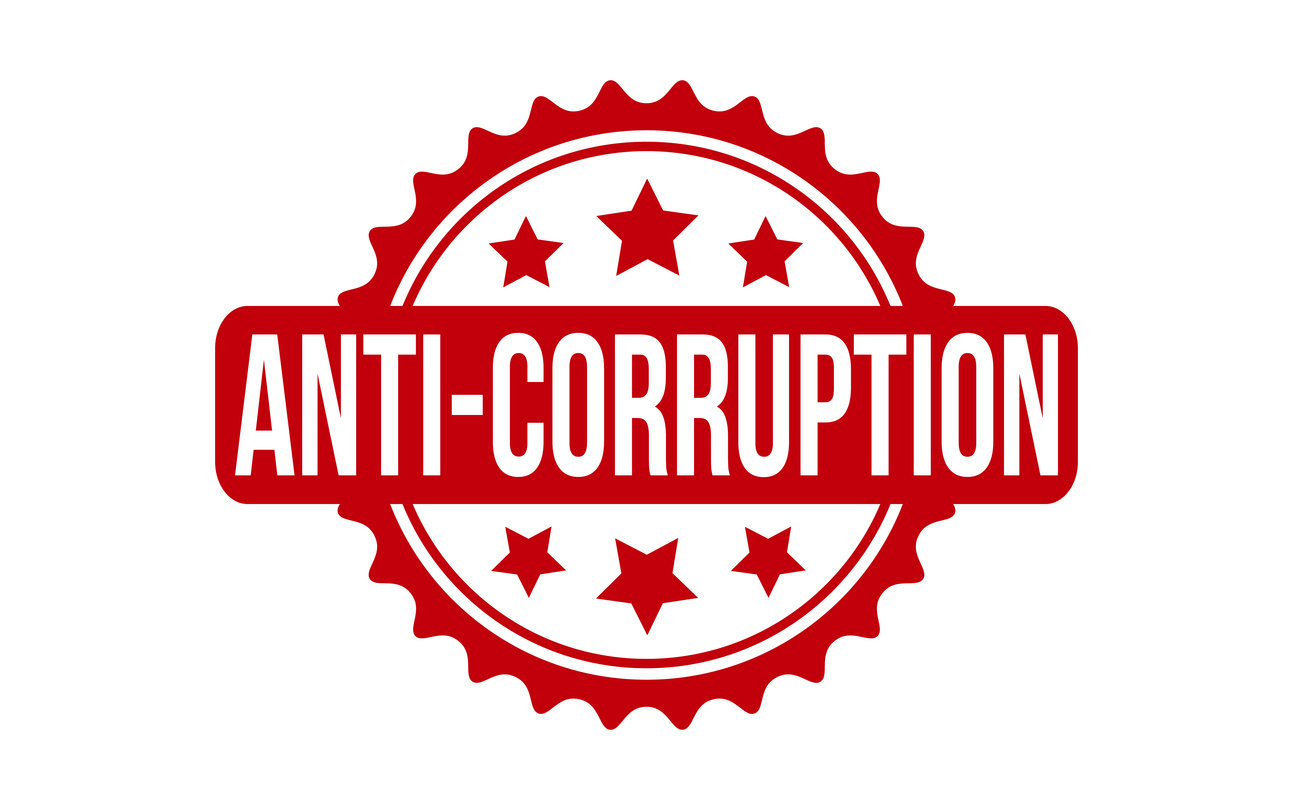Navigating Contract Law in Ghana: Key Considerations for Businesses with Wigmore Trading
Navigating Contract Law in Ghana: Key Considerations for Businesses with Wigmore Trading
Welcome to our blog! If you’re a business owner or entrepreneur looking to expand your operations in Ghana, then you’ve come to the right place. Today, we are thrilled to dive into the world of contract law in this vibrant West African country and provide you with invaluable insights on how to navigate it successfully. And who better to guide us through this legal maze than Wigmore Trading, one of Ghana’s leading law firms specializing in commercial and contract law? Get ready for an enlightening journey as we uncover key considerations for businesses and unlock the secrets behind building successful contractual relationships with Wigmore Trading by your side. Let’s get started!
Introduction to Contract Law in Ghana
Introduction to Contract Law in Ghana
Contract law is an essential aspect of doing business in any country, and Ghana is no exception. As a company looking to establish or expand its operations in Ghana, understanding the basic principles and regulations of contract law is crucial for success. In this section, we will provide you with an overview of contract law in Ghana and highlight some key considerations that businesses, like Wigmore Trading, should keep in mind.
Overview of Contract Law in Ghana
Contract law in Ghana is primarily governed by the common law system inherited from British colonial rule. However, there are also elements of customary law and legislation that play a role in shaping contract law in the country.
The main source of contract law in Ghana is the Contracts Act 1960 (Act 25), which codifies many common-law principles and forms the basis for all contracts made under Ghanian law. Additionally, specific industries may have their own sets of regulations regarding contracts; therefore it is important to research any industry-specific laws that may apply to your business.
Understanding the Legal Framework of Contract Law in Ghana
Contract law is an essential aspect of business operations in Ghana, as it provides the legal framework for agreements and transactions between parties. As a foreign company looking to do business in Ghana, understanding the country’s legal framework for contracts is crucial to ensure compliance and protect your rights. In this section, we will discuss the key elements of contract law in Ghana that businesses should be familiar with.
1. Sources of Contract Law
The primary source of contract law in Ghana is the common law system inherited from its former British colonial rulers. This means that case law and judicial precedents play a significant role in interpreting and enforcing contracts. However, there are also statutory laws that govern specific types of contracts or industries, such as the Sale of Goods Act 1962 and the Construction Industry Development Act 1994.
2. Capacity to Contract
In Ghanaian contract law, parties must have the mental capacity to enter into a legally binding agreement. This means they must be above 18 years old and of sound mind at the time of entering into a contract. Any party who lacks this capacity can claim that they were not competent to understand or agree to the terms of the contract, making it voidable.
Key Considerations for Businesses Entering into Contracts with Wigmore Trading
When it comes to entering into contracts with Wigmore Trading in Ghana, there are several key considerations that businesses should keep in mind. These considerations are important for ensuring a smooth and successful contractual relationship between the two parties. In this section, we will discuss some of the most crucial factors that businesses should consider before signing a contract with Wigmore Trading.
1. Understanding the Contract Terms: The first and foremost consideration for businesses entering into contracts with Wigmore Trading is to thoroughly understand all the terms and conditions outlined in the contract. This includes understanding the scope of work, payment terms, delivery timelines, quality standards, etc. It is essential to carefully review each clause before signing the contract to avoid any misunderstandings or disputes later on.
2. Negotiating Fair Terms: Businesses should also ensure that they negotiate fair and reasonable terms with Wigmore Trading before finalizing the contract. This may include negotiating prices, deadlines, warranties, liability provisions, and other relevant clauses. It is essential for both parties to feel satisfied with the terms of the contract to establish a mutually beneficial relationship.
3. Legal Compliance: Before entering into any contract with Wigmore Trading in Ghana, businesses must ensure that they comply with all legal requirements set by the government and relevant authorities. This includes obtaining necessary licenses or permits required for conducting business operations in Ghana.
Common Pitfalls and Challenges in Contract Negotiations with Wigmore Trading
Contract negotiations can be a complex and challenging process, especially when dealing with international partners such as Wigmore Trading in Ghana. Despite the best efforts of both parties involved, there are common pitfalls and challenges that businesses may face during contract negotiations with Wigmore Trading. In this section, we will discuss some of these potential obstacles and provide tips on how to navigate them effectively.
1. Cultural Differences:
One of the main challenges in contract negotiations with Wigmore Trading is navigating cultural differences. As an international company, Wigmore Trading operates in a different environment than many Western businesses are accustomed to. This can lead to misunderstandings or miscommunication during negotiations.
To overcome this challenge, it is crucial for businesses to conduct thorough research about Ghanaian culture and business practices before entering into contract negotiations. Understanding their customs, values, and communication styles can help bridge any cultural gaps and foster a more productive negotiation process.
2. Language Barriers:
Another common pitfall in contract negotiations with Wigmore Trading is language barriers. English is the official language in Ghana; however, it may not be spoken fluently by all members of the negotiating team at Wigmore Trading. This could result in misinterpretation of terms or clauses within the contract.
To avoid any misunderstandings due to language barriers, it is essential for both parties to ensure that all documents are translated accurately and reviewed by legal experts proficient in both English and local languages used in Ghana.
Tips for Drafting Effective and Enforceable Contracts with Wigmore Trading
When it comes to conducting business in Ghana, having clear and enforceable contracts is crucial for ensuring smooth operations and avoiding potential legal disputes. This is especially important when dealing with a reputable company like Wigmore Trading. As such, here are some key tips for drafting effective and enforceable contracts with Wigmore Trading.
1. Clearly Define the Parties Involved: The first step in drafting any contract is to clearly identify the parties involved. In this case, it would be your business and Wigmore Trading. Make sure to include their full legal names, addresses, and contact information to avoid any confusion or misunderstandings.
2. Outline the Terms of the Agreement: It’s essential to clearly outline the terms of your agreement with Wigmore Trading. This includes details such as the scope of work or services to be provided, payment terms, delivery timelines, and any other crucial elements that need to be addressed.
3. Be Specific and Detailed: To ensure that there are no loopholes or room for misinterpretation, it’s crucial to be specific and detailed in your contract language. Avoid using vague terms or ambiguous phrases that could potentially lead to disagreements down the line.
4. Understand Local Laws: When doing business in Ghana, it’s vital to understand the local laws that govern contracts in the country. Familiarize yourself with common clauses used in Ghanaian contracts such as force majeure (unforeseen circumstances) and arbitration clauses.
Case Studies: Real-Life Examples of Contract Disputes with Wigmore Trading
Case studies are an integral part of understanding contract law and its application in real-life scenarios. In this section, we will look at some examples of contract disputes involving Wigmore Trading to gain a better understanding of the key considerations for businesses when entering into contracts in Ghana.
1. Dispute over Quality of Goods
One common issue that businesses encounter in contractual agreements is a dispute over the quality of goods delivered by the supplier. In 2018, Wigmore Trading entered into a contract with XYZ Company to supply them with raw materials for their production line. However, upon delivery, it was found that the goods did not meet the agreed-upon specifications and were deemed unfit for use.
In this case, XYZ Company refused to make payment for the goods and demanded compensation from Wigmore Trading for any losses incurred due to non-compliance with the terms of the contract. The matter was taken to court, where it was ruled that Wigmore Trading had breached their contractual obligations and were liable for damages.
Lesson Learned: It is crucial for businesses to clearly define the quality standards expected from their suppliers in written contracts. Any deviations from these standards should be addressed promptly to avoid potential disputes in the future.
Conclusion: The Importance of Seeking Legal Guidance for Businesses Operating in Ghana
Conclusion: The Importance of Seeking Legal Guidance for Businesses Operating in Ghana
It is crucial for businesses operating in Ghana to seek legal guidance when it comes to navigating contract law. As highlighted throughout this article, the country has a complex legal system with various laws and regulations that can be challenging for foreign businesses to understand.
By seeking professional legal advice, businesses can ensure that their contracts comply with local laws and regulations, minimizing the risk of potential disputes or legal consequences. This is especially important for companies like Wigmore Trading, which operate on an international level and may have limited knowledge about the specific laws and customs of the Ghanaian market.
Moreover, working with a reputable law firm or legal advisor can also provide businesses with valuable insights into cultural norms and business practices in Ghana. This understanding can be beneficial in building strong relationships with local partners and clients, thus contributing to the success of the company.
Another essential aspect to consider is that having legally sound contracts can protect businesses from potential financial losses. In case of any disputes or breaches of contract, having a well-written agreement can serve as evidence in court and help resolve conflicts efficiently.
Furthermore, seeking legal guidance early on in a business’s operations in Ghana can save time and resources in the long run. By ensuring compliance from the beginning, companies can avoid costly mistakes or delays that may arise from non-compliance with local laws.








Comments are closed.